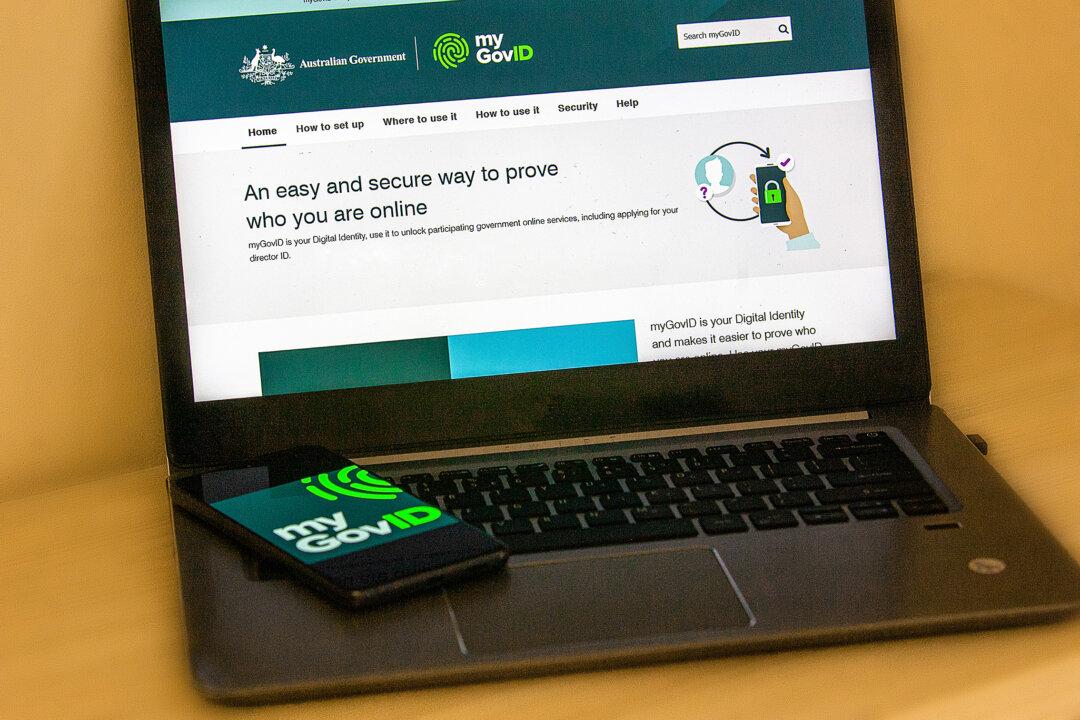Australia’s House of Representatives has passed the national digital ID bill, which will embed the new online identification program into law.
The digital ID is supposed to replace the need for physical IDs, and is linked with government services such as MyGov, Centrelink, Medicare, and the Australian Tax Office (ATO).





